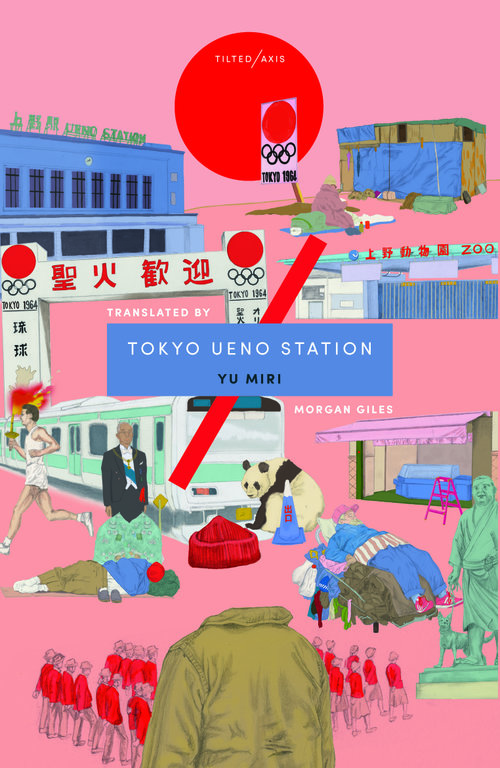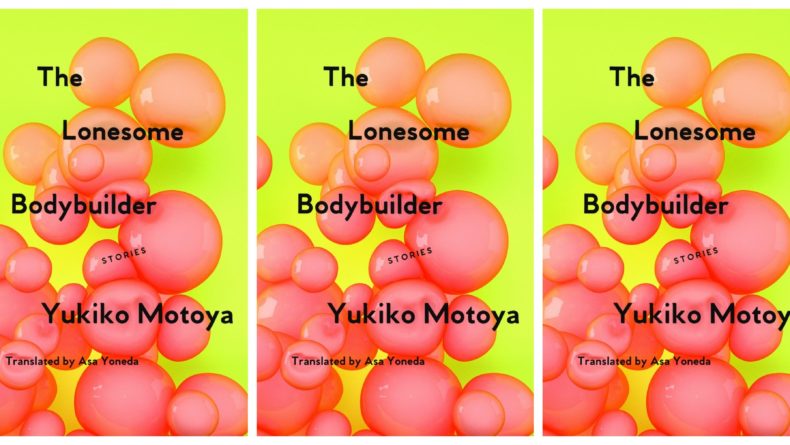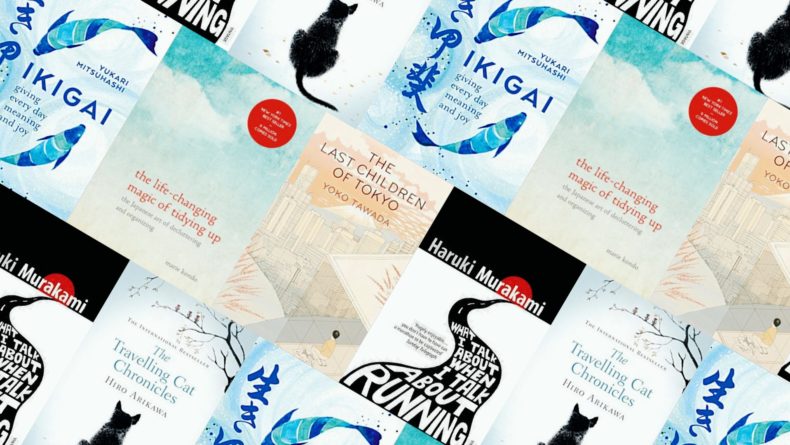Yu Miri’s ‘Tokyo Ueno Station’ Gives Voice to the Invisible Working Class
This new release takes us on a journey of the backside of Japan's prosperity
There is another side to beauty and glory.
Author Yu Miri has had to fight for everything she has. As the daughter of Korean immigrants to Japan, she has struggled through racism and abuse throughout her career as a playwright and a novelist. This abuse has gone as far as receiving bomb threats called on her public events, leading to cancellations. None of this has stopped her from becoming a huge success in Japan, however. In fact, it has spurred her to become a strong and dedicated critic of social inequality, the Japanese government and its choices.
Yu Miri now lives and works in Fukushima, one of the areas that were most severely affected in the March 11, 2011 earthquake and tsunami which led to the meltdown of the local nuclear power plant. Here, she operates a bookstore and theatre, all the while writing some of the most gripping, affecting, and politically-charged literature to come out of Japan today.
A spotlight on the invisible

Tokyo Ueno Station tells the story of Kazu, a man born in Fukushima to a poor family. Kazu was born in 1933, the same year as the nation’s current emperor, but has been afforded none of the same luxuries.
As we move through Kazu’s life, told to us by his ghost as it haunts and wanders the park beside Ueno Station, we see further parallels between him and the emperor, all of which serve to highlight the disparity between those who happen, by chance, to be born into wealth and power, and those who, by chance, do not.
This novel provides a thinly-veiled socialist message which begs us to consider inequality in all its forms, brought on by class divides and glass ceilings. Kazu is a man who has always tried to do right by his family, moving from place to place and job to job, never being paid what he is owed and only wishing to give his children the best life possible. Several times throughout the story it is pointed out that Kazu, after suffering a deep and devastating personal loss, admits to not having ever given the time and attention to his family that he should have; that he was an absent father, always working to provide. He has had little opportunity to build a real life, simply because of the station he was born into. After death, his ghost remarks sadly, “I did not live with intent, I only lived. But that’s over.”
The novel’s greatest success is in humanizing the downtrodden and the forgotten.
Tokyo Ueno Station takes us, chronologically, through Japan’s post-war history, its economic rise to global power, and the bursting of the bubble in the early ‘90s, and Kazu is there with us the whole way, showing us how it was from his point of view.
Our protagonist explains through his actions, and through the suffering put upon him, that modern Japan – with all its glitz and glamor, its innovations in tech and engineering – was all built on the backs of working men who were often not offered enough for their troubles. It paints an image in the reader’s mind of the slaves in Egypt who built the pyramids and the boys in the workhouses of any Dickens novel. It reminds us that life is not fair and equal.
The novel’s greatest success is in humanizing the downtrodden and the forgotten. It asks us to remember that those disenfranchised – the homeless, the alcoholics, and the drug addicts – they are all people who have been failed by a system that doesn’t even know that they exist.
The moment in the novel that hits hardest is when the homeless of Ueno Park, of which the aged Kazu is one, are asked to relocate their “village” for the sake of the emperor and the “perfect” exterior facade of Tokyo which must be maintained. These people are invisible, but the fact that they are as human as the rest of us means that they should not be. As Kazu himself says, “Regardless of what I am now, I am haunted by this day, today, and I would have liked to exchange a glance with someone, even a sparrow.”
Tokyo Ueno Station is a novel that begs for empathy, above all else. And through a finely-crafted character by Yu Miri, and with a tone of real sadness and desperation – not a drop of which is lost in translation thanks to the incredible work of Morgan Giles. As we are gently guided by hand through the life of Kazu, we are asked to give a thought for those invisible ones who built the world we live in, and who we should be giving thanks to.
Tokyo Ueno Station was published by Tilted Axis Press on March 4, 2019. Purchase for ¥1,311 through Amazon, ¥399 Kindle Edition or directly from the publisher.















Leave a Reply